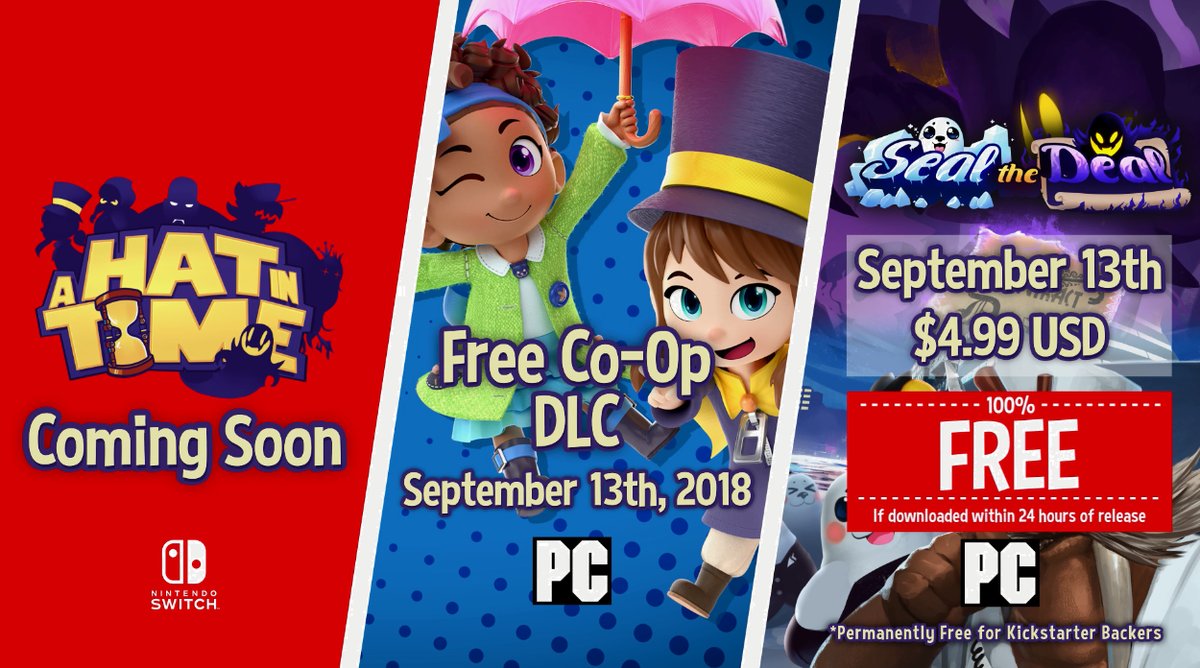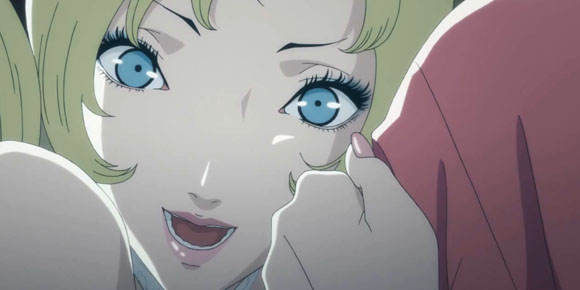

The minigames are typically variations on concepts of existing microgames from main stages, and take the form of both single-player games and multiplayer games. The player is also able to gain access to other bonus minigames if they beat or get a high score in certain main stages. In addition to microgame stages, the player can unlock "remix" stages which feature microgames from past stages in it, as well as other bonus stages, which feature all microgames, but change elements like speed or microgame difficulty. The game's story is conveyed through short subtitled cutscenes before and after stages. Mega Microgames! contains 213 microgames, split over 9 stages, each with different themes and following the story of different characters, all associates of Wario whom are contacted by him to make games for him to sell as part of his new "game" company. In addition to microgames, the player is also able to gain access to additional bonus minigames to play. Each stage also has a general theme the microgames present in it pertain to, such as "Sports" or "Nintendo Classics". Mega Microgames! has nine stages, each revolving around Wario or one of his associates in a plot scenario. In these microgames, the player has the opportunity to gain an extra life, but only if the player has less than four lives. Īt the end of a set number of microgames, the player must complete a "boss stage" a longer microgame without a set time limit. If the player loses all four of their lives, the game will end and the player's score (the number of microgames played) will be saved if it is one of their best three scores. If the player completes a microgame, the game moves onto the next one, while if the player fails a microgame, by either losing the game or running out of time, one of four lives will be deducted. In a stage, microgames are presented to the player consecutively, and as the player keeps playing, the game speeds up, making microgames' time limits shorter and forcing the player to complete them faster. WarioWare's core gameplay principles revolve around the concept of "microgames", minigames that must be completed within a demanding time limit.

9-Volt's stage's theme is "Nintendo Classics".

The microgame "The Legend of Zelda" from 9-Volt's stage, referencing The Legend of Zelda. The game has also been re-released through the Virtual Console on Wii U and the Ambassador Program on Nintendo 3DS. In addition, some of the microgames featured in Mega Microgames! also return in the ninth installment, WarioWare Gold.
#Warioware gold 3ds save file complete full#
"Pyoro" and "Paper Plane", two bonus minigames that appear in Mega Microgames!, were reworked into two full titles for the DSiWare service as Bird & Beans and Paper Airplane Chase, respectively.
#Warioware gold 3ds save file complete series#
The game went on to spawn the WarioWare series of video games, which all have the same formula of gameplay as the debut title, with the exception of Game & Wario. The game went on to receive a multiplayer-focused remake called WarioWare, Inc.: Mega Party Games! on the GameCube. It is also revered as one of the greatest games of all time. Upon its release, WarioWare, Inc.: Mega Microgames! received critical acclaim, winning GameSpot 's Editor's Choice Award and Most Innovative Game Award of 2003, among other awards. Mega Microgames! was released in 2003 in Japan in March, in North America and Europe in May and in Australia in June. Matsuoka was also the director of Polygon Studio. The game was produced by Takehiro Izushi and directed by Hirofumi Matsuoka. The music and sound effects (including Wario's voice clips) were recycled from Wario Land 4. The game's concept was inspired by the "Sound Bomber" mode of Mario Artist: Polygon Studio for the Nintendo 64DD.

The debut title in the WarioWare series, the game is about rapid completion of "microgames", short minigames given to the player consecutively and with increasing speed per each game complete. WarioWare, Inc.: Mega Microgames!, stylized as WarioWare, Inc.: Mega Microgame$! and known as WarioWare, Inc.: Minigame Mania in the PAL regions, is a minigame compilation video game developed by Nintendo R&D1 and published by Nintendo for the Game Boy Advance.


 0 kommentar(er)
0 kommentar(er)
